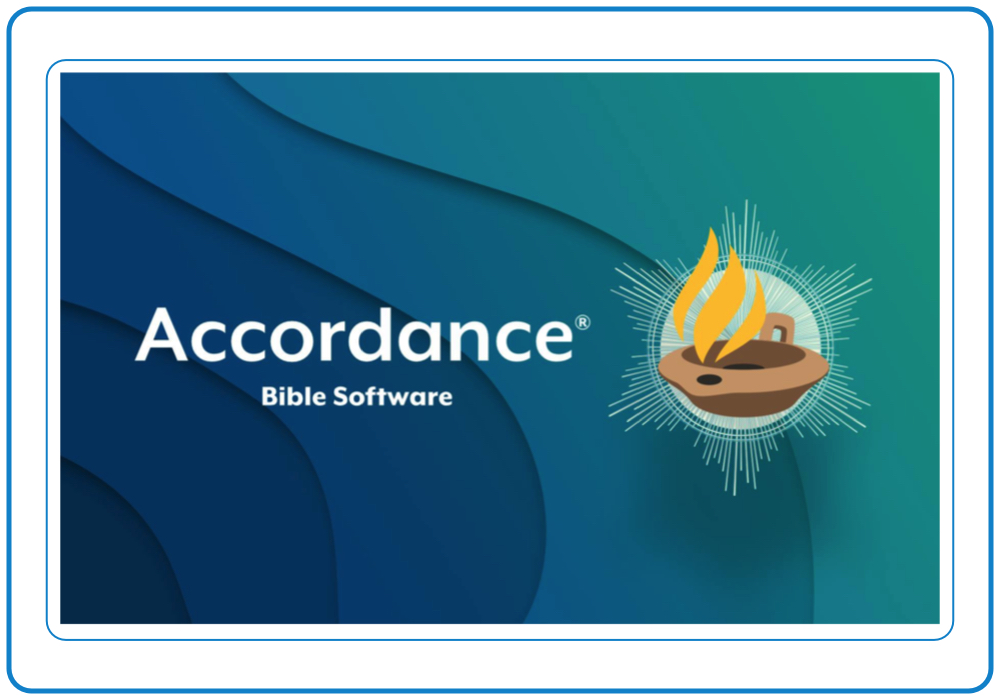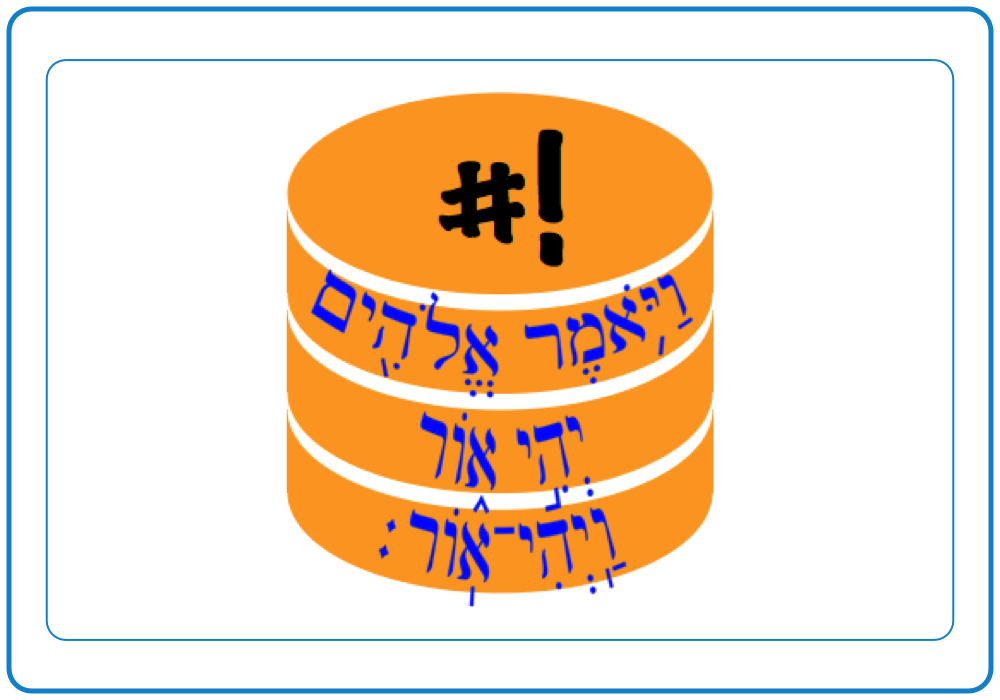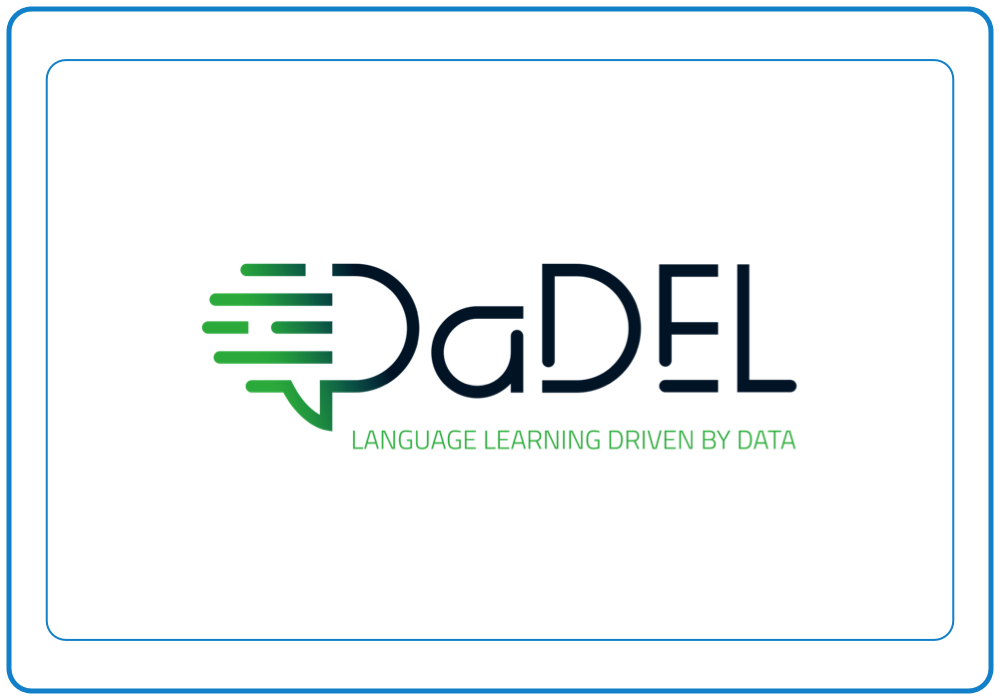Resources for Scholars
This page offers a curated gateway to foundational tools and datasets developed by the Eep Talstra Centre for Bible and Computer (ETCBC). Here, Scholars can find direct access to key and unique digital assets, such as the BHSA, LAF-Fabric, and online query tools like SHEBANQ, for computational analysis of the Hebrew Bible.
SHEBANQ
Scholarly editions of the Bible usually dedicate space to a critical apparatus and various kinds of annotations. SHEBANQ introduces the idea of annotating the text with queries. They show up next to the chapters where the results are. Through it, you can fire MQL queries at the morphological and syntactical ETCBC database (BHSA).
SHEBANQ was developed by Dirk Roorda of DANS labs in conjunction with the ETCBC.
A tutorial on how to work with SHEBANQ can be found here.
Text-Fabric (with BHSA)
Text-Fabric (TF) is a Python module used for accessing the ETCBC’s BHSA syntactic data. It enables researchers to search for advanced linguistic/exegetical patterns and build sophisticated functions for arranging, rearranging, and creating data.
Text-Fabric can be run in an iPython notebook where the data processing can be displayed and visualized through code cells, tables, and graphs.
TF was built by Dirk Roorda of DANS labs in conjunction with the ETCBC.
A tutorial on how to work with TF can be found here.
Bible Online Learner

Accordance Bible Software
The ETCBC data is also available in Accordance, which enables Biblical scholars to consult the linguistic annotations of the ETCBC database within the same environment as other resources such as ancient translations, commentaries and the other resources provided by Accordance.
For more information see the product description or this blogpost.

Oosting, Reinoud (2016)
- Computer-Assisted Analysis of Old Testament Texts: The Contribution of the WIVU to Old Testament Scholarship
- In: Spronk, Klaas: The Present State of Old Testament Studies in the Low Countries: A Collection of Old Testament Studies Published on the Occasion of the Seventy-fifth Anniversary of the Oudtestamentisch Werkgezelschap, pp. 228-247. 2016, Leiden: Brill. Book DOI: 10.1163/9789004326255.
- Author’s copy, at the publisher’s website, on Google Books.
Talstra, Eep, and Constantijn Sikkel (2000)
- Genese und Kategorienentwicklung der WIVU-Datenbank
- In: Ad Fontes! Quellen Erfassen – Lesen – Deuten, edited by Hardmeier, Christof, Syring, Range, and Eep Talstra, 15:22–68. APPLICATIO. Amsterdam: VU University Press, 2000. Full article (PDF)



